
Traveling with family can be both exciting and challenging, especially when it comes to navigating airports and ensuring everyone’s comfort. Recognizing the unique needs of families, Air Arabia has introduced a comprehensive range of services aimed at making air travel easier, more convenient, and enjoyable for parents and children alike. From city check-ins and dedicated airport support to onboard entertainment and family-friendly loyalty rewards, Air Arabia is setting a new standard for family travel. Below, discover the key features and benefits designed to make every family journey smooth and memorable.
Check-In and Pre-Departure Convenience
Air Arabia offers families a seamless start to their journey with multiple convenient check-in options. Families can use 13 to 14 city check-in locations across Sharjah, Abu Dhabi, Ajman, and Ras Al Khaimah, allowing them to check in and collect boarding passes away from the airport, reducing wait times and stress. Online check-in is also available, enabling families to bypass queues and enjoy a smoother start to their trip.
Dedicated Family Support at the Airport
At Sharjah International Airport, families benefit from dedicated fast-track check-in, expedited boarding, and streamlined immigration and security processing. Porter services are provided to help with luggage, so parents’ hands are free to manage their children. The Meet & Assist package is available for both departures and arrivals, offering a warm greeting, help with airport formalities, fast-track clearance, baggage assistance, and escort services.
Traveling with Infants and Young Children
Air Arabia makes traveling with infants easy by providing onboard bassinets for those seated in the front row—these can be pre-booked via the airline’s website or customer service. Infants as young as three days old are accepted for travel with the proper documentation. Parents can bring an extra hand baggage item (up to 3 kg) for baby essentials. Strollers can be used throughout the airport and are returned upon landing. Every infant must be accompanied by a passenger at least 16 years old, and children under 12 must be accompanied by someone at least 16 years old as well.
Onboard Entertainment and Activities
Onboard, Air Arabia’s complimentary in-flight entertainment system, SkyTime, features a wide range of kid-friendly movies, games, and TV shows, refreshed regularly for new and exciting content. The “Fun Onboard” program offers interactive activities such as coloring books, face painting, and in-flight competitions. Special “Kid Snack Boxes,” packed with treats and drawing sets, keep young travelers entertained. Families can pre-order kid-friendly meals, including options like chicken tenders with mac & cheese and Nutella sandwiches.
Loyalty and Rewards for Families
Air Arabia’s AirRewards loyalty program enhances family travel by allowing up to eight family members to be linked under one account. The family head earns 50% of the points from each member’s flights, helping to accumulate rewards faster and unlock exclusive benefits. The airline’s spacious economy seating and flexible baggage policies further ensure a comfortable and affordable journey for all.
Thoughtful amenities, robust safety measures, and personalized support distinguish Air Arabia’s approach to family travel. These features collectively raise the bar for family-friendly air journeys, ensuring that every trip is both memorable and free from hassle for passengers of all ages.










.png)





.png)

.jpg)



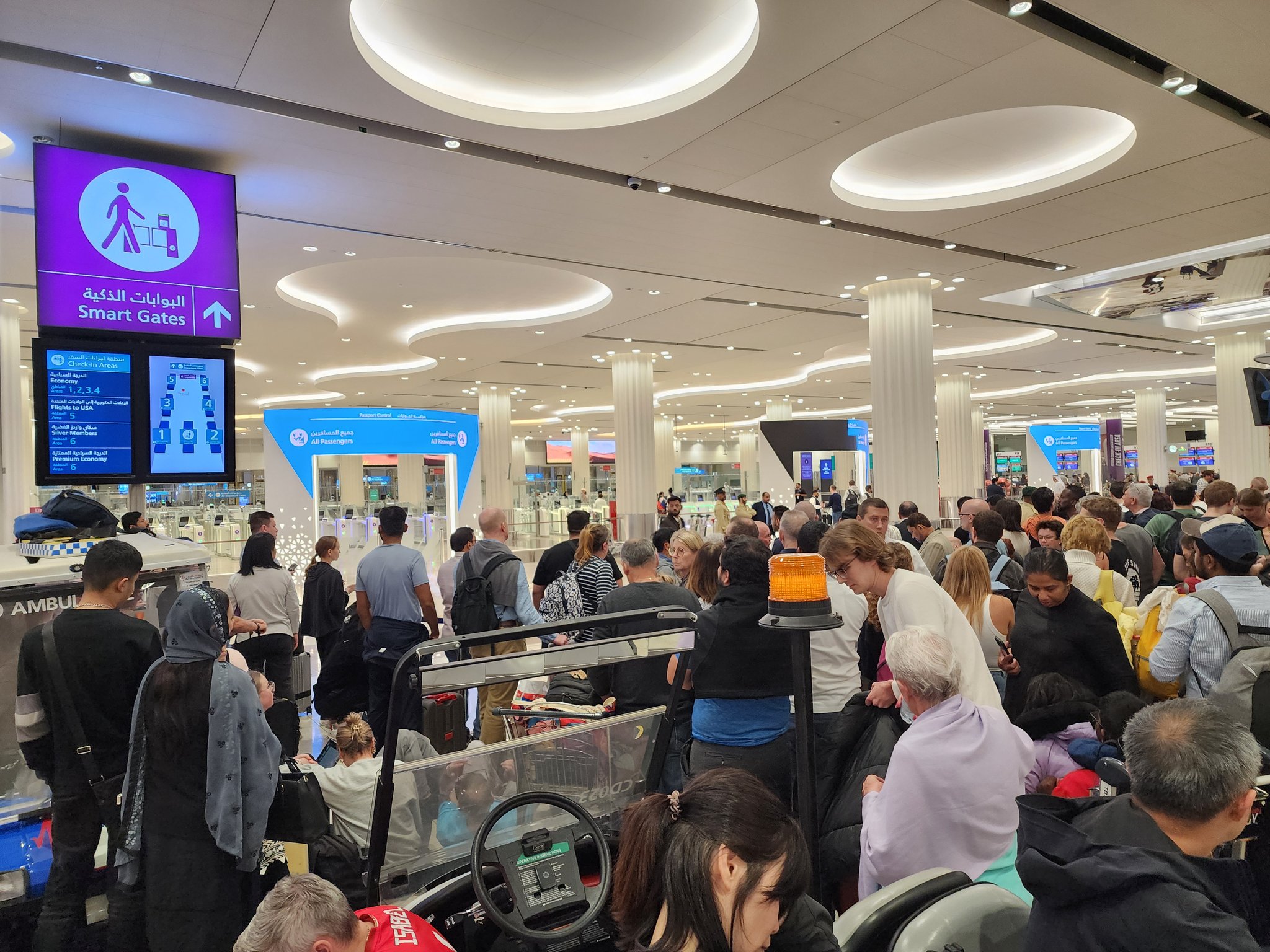
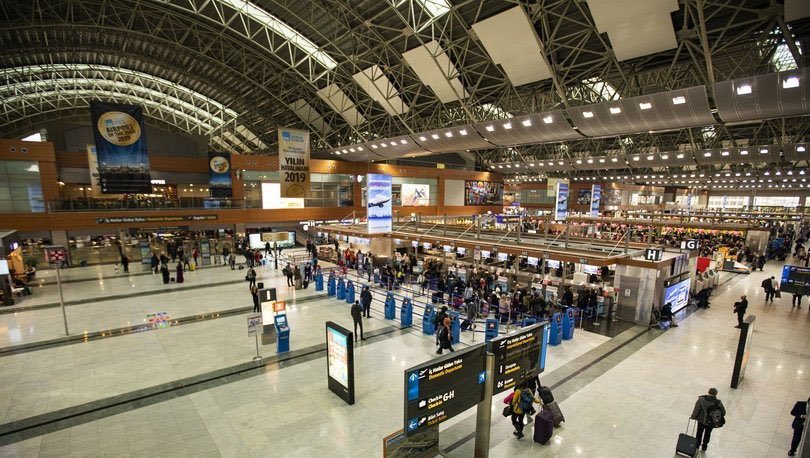
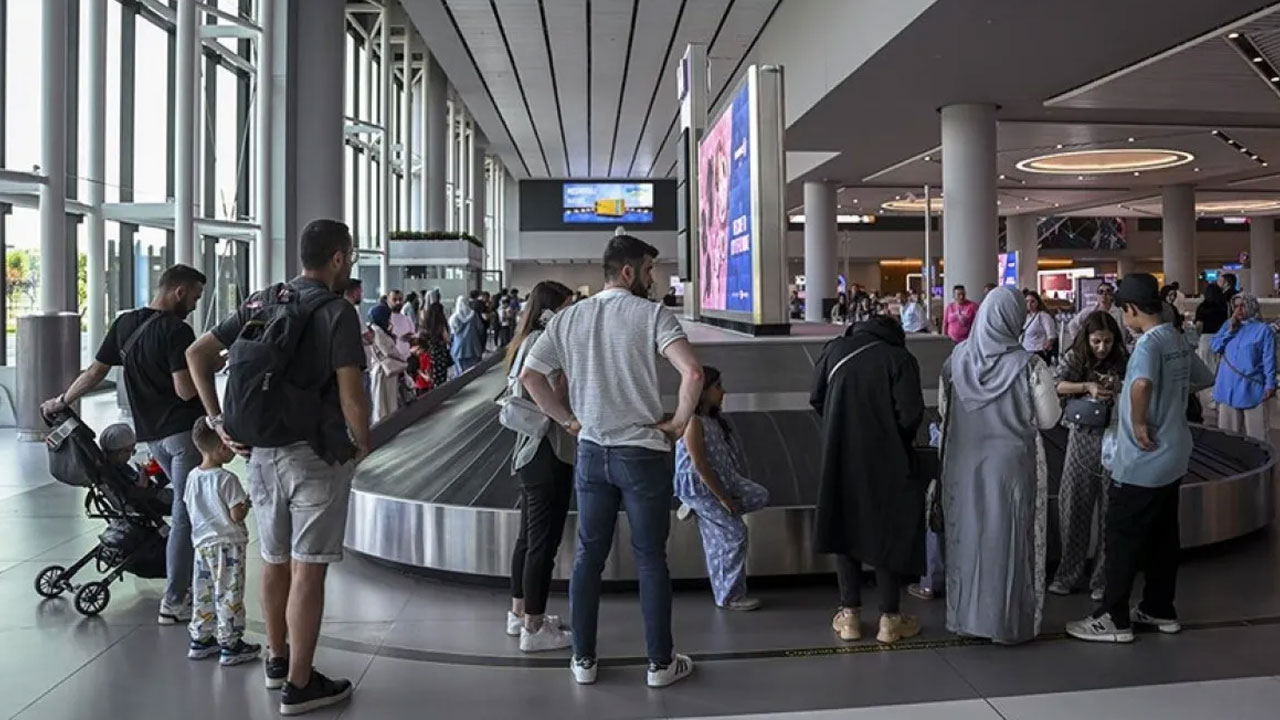






.jpg)

.jpg)




.jpg)
.jpg)



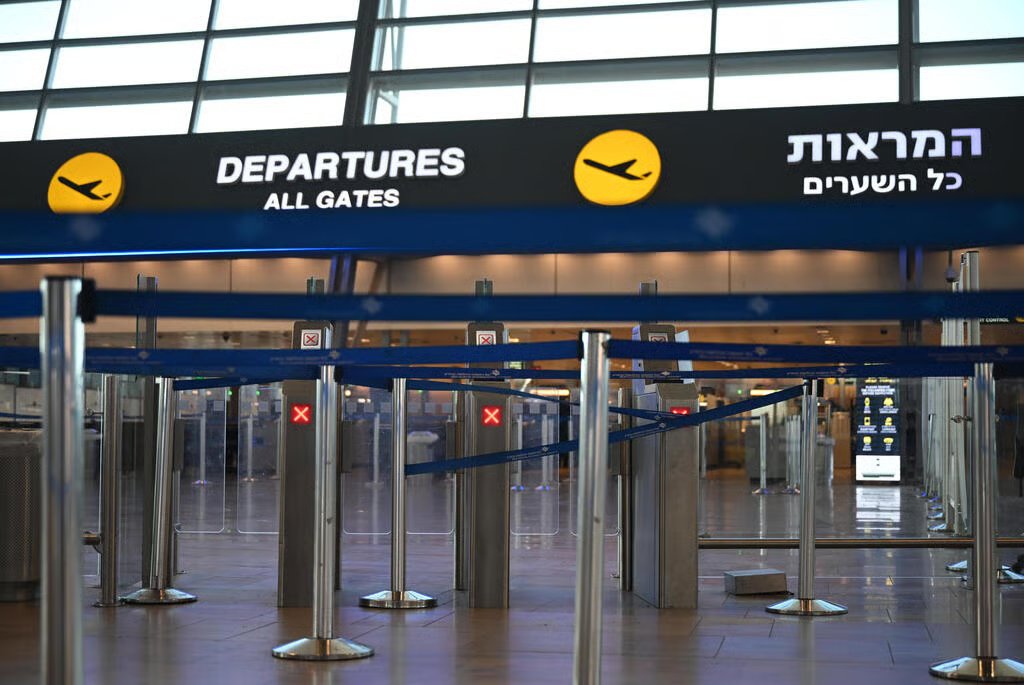
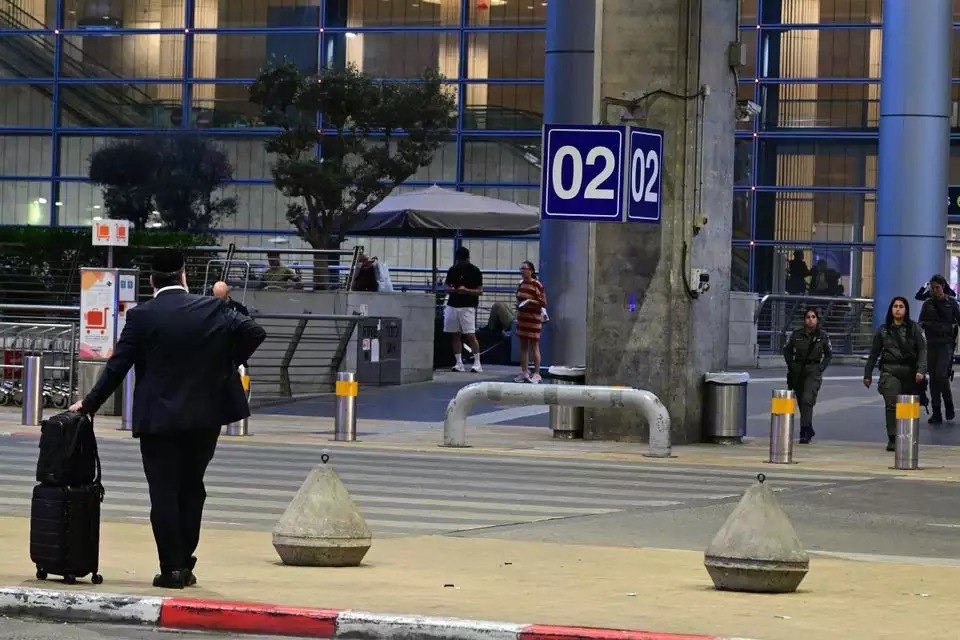
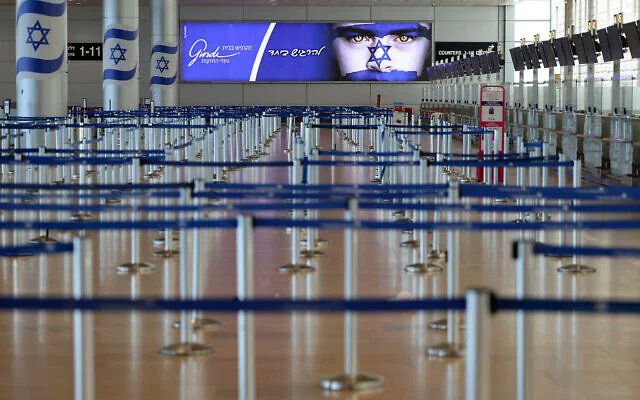









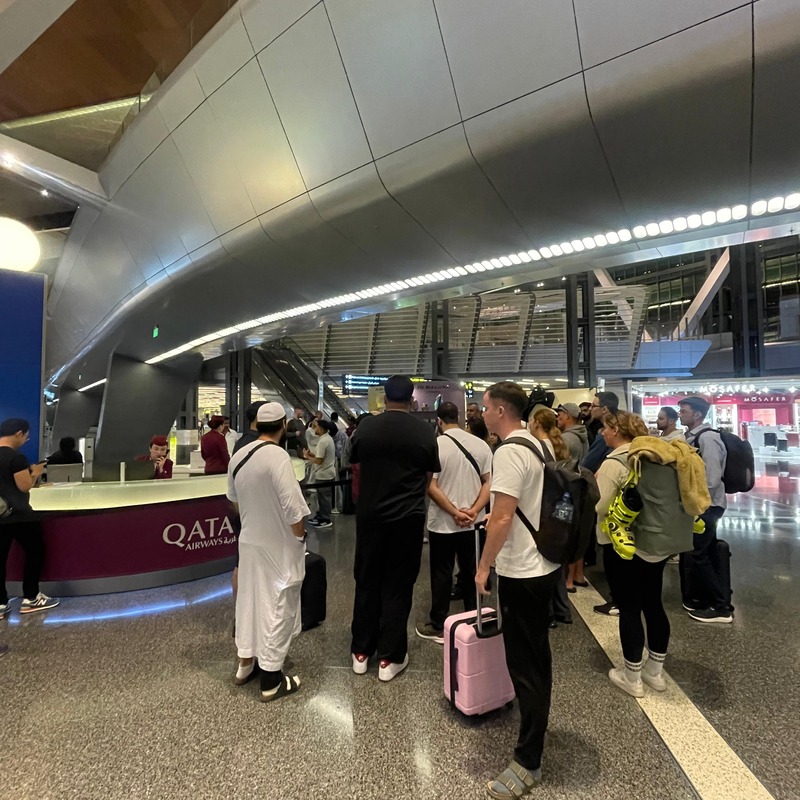
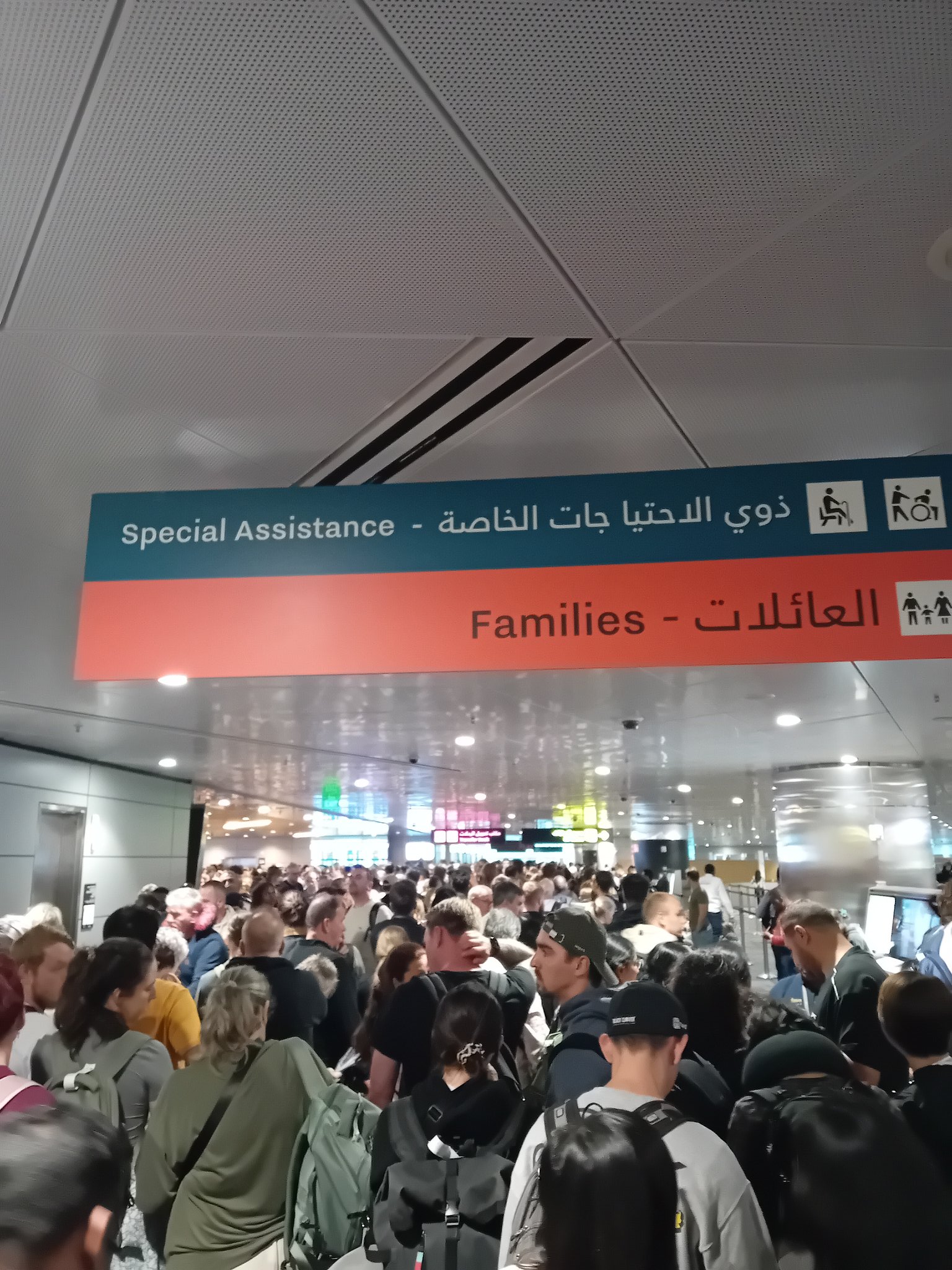
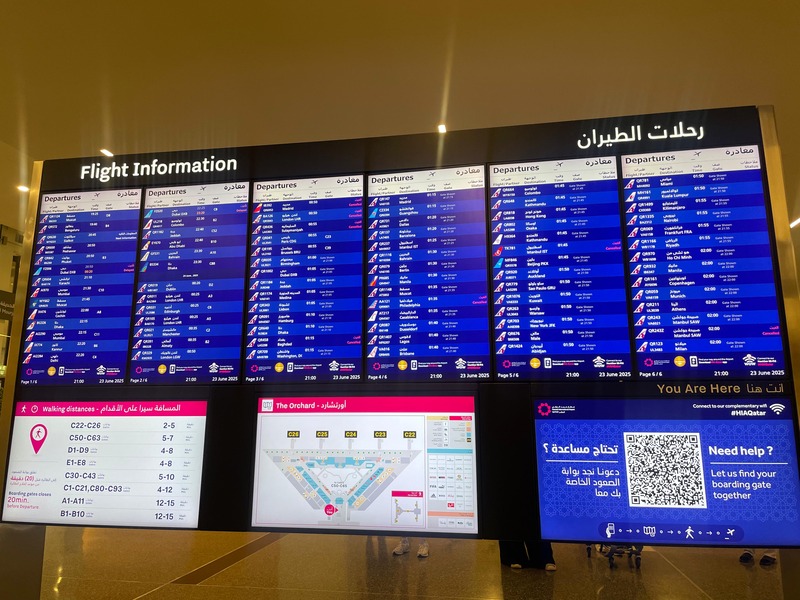
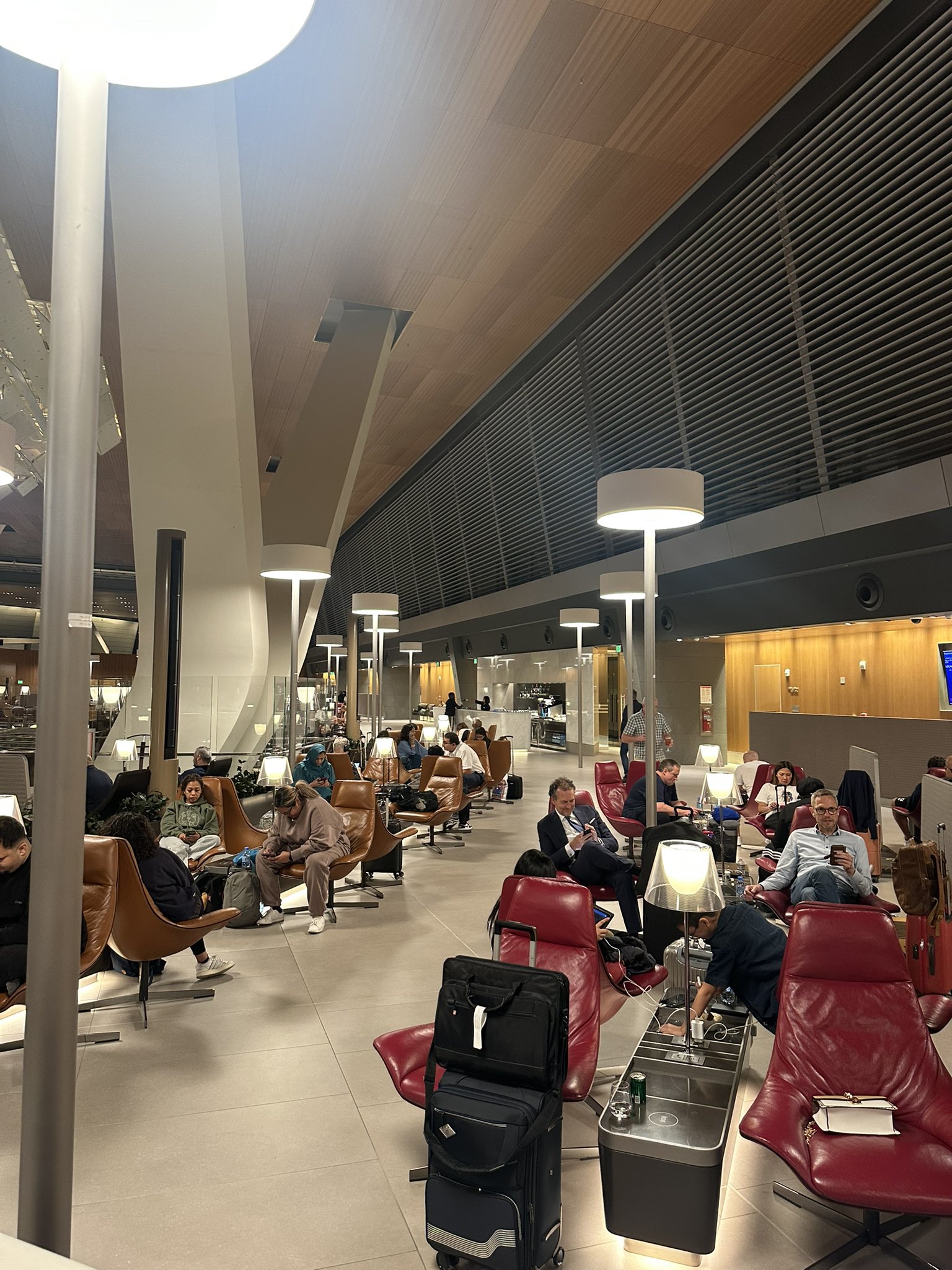





.jpg)